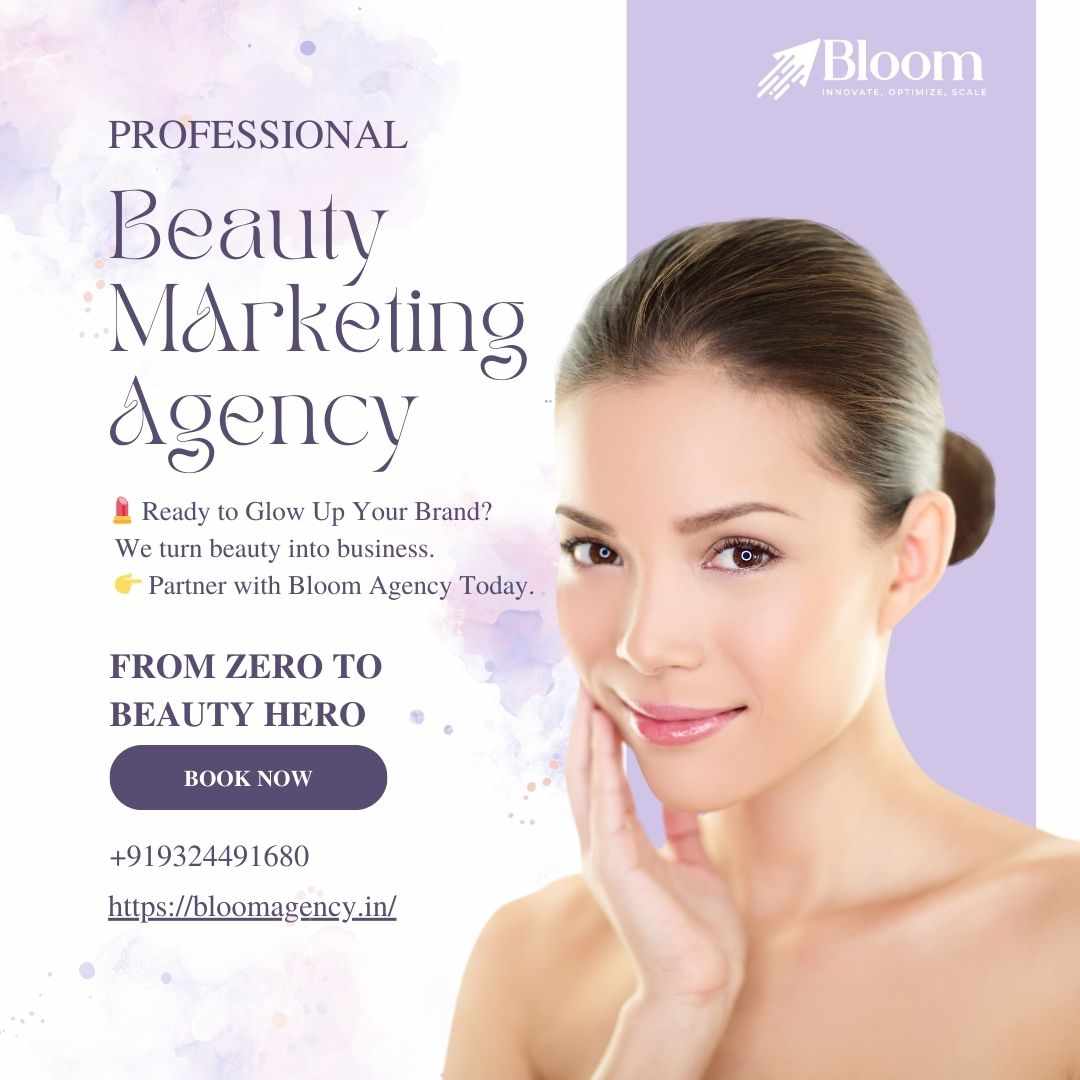
Understanding the Role of Digital Marketing Agencies in the Beauty Industry
The beauty industry has evolved significantly over the past decade. What was once dominated by in-store experiences and word-of-mouth marketing has now moved into a space where digital platforms—social media, eCommerce websites, influencer collaborations, and content marketing—play a central role. In this rapidly transforming environment, digital marketing agencies specializing in the beauty industry have emerged to bridge the gap between consumer expectations and brand delivery in the digital realm.
This article takes a closer look at the structure, functions, and impact of digital marketing agencies in the beauty sector, and how they contribute to the industry’s evolving dynamics.
1. The Digital Landscape of the Beauty Industry
Digital channels have become central to how consumers discover, interact with, and purchase beauty products. Social platforms like Instagram, YouTube, and TikTok are key destinations where beauty enthusiasts explore product reviews, makeup tutorials, skincare routines, and user-generated content. These platforms have redefined not only how beauty products are marketed but also how trends emerge and evolve.
Online commerce in beauty has also seen a major boom. From independent direct-to-consumer (DTC) skincare brands to legacy cosmetics companies, nearly every beauty brand today has an online presence, whether through their own websites or via marketplaces.
As this shift intensifies, the need for specialized digital strategies has grown—giving rise to a new category of marketing service providers: beauty-focused digital marketing agencies.
2. What Is a Beauty Digital Marketing Agency?
A beauty digital marketing agency is a specialized service provider that offers digital strategy and execution tailored specifically for businesses operating in the beauty space. This may include cosmetics, skincare, haircare, personal care, wellness, or aesthetic services.
These agencies typically provide services such as:
Social media management and strategy
Content creation (including photo and video production)
Influencer marketing and PR coordination
Paid media (Google Ads, Facebook/Instagram Ads)
Search engine optimization (SEO)
Website development and eCommerce support
Email and SMS marketing campaigns
Analytics and reporting
Their approach is often influenced by industry-specific considerations—like visual storytelling, trends in ingredient transparency, seasonal launches, or product demonstrations.
3. Content as the Core of Beauty Marketing
In the beauty industry, content plays a central role. Consumers expect brands to engage them visually, emotionally, and experientially. Unlike other industries, beauty marketing often centers around:
Tutorials and how-to content
Reviews and testimonials
Before-and-after results
Ingredient spotlights
Influencer routines or collaborations
Digital agencies working in beauty understand this need for visual and educational content. They often manage end-to-end content pipelines—right from scripting and storyboarding to production and distribution across platforms. Their creative teams are equipped to handle high-quality shoots, motion graphics, and editing styles that align with the aesthetics of the beauty world.
4. The Growing Role of Influencer Marketing
Influencer marketing is arguably more impactful in the beauty industry than in any other consumer sector. Consumers tend to trust creators and professionals who demonstrate how products work, share honest reviews, or show real skin/hair results.
Beauty-focused digital marketing agencies often have dedicated influencer relations teams that:
Maintain databases of vetted micro and macro influencers
Negotiate partnership terms and pricing
Coordinate product seeding and campaign timelines
Track performance using KPIs like engagement rate, reach, clicks, and conversions
This structured approach ensures that influencer marketing is not just a one-off activation but part of a larger, measurable marketing strategy.
5. Platform-Specific Expertise
Each digital platform has its own algorithm, content format, and user behavior. A beauty campaign that performs well on Instagram may require significant adaptation to succeed on TikTok or Pinterest.
Beauty digital marketing agencies bring platform-specific expertise. For instance:
Instagram: Ideal for curated visuals, reels, and interactive Stories.
YouTube: Long-form tutorials, product reviews, brand documentaries.
TikTok: Short, snappy videos aligned with viral audio or trends.
Pinterest: Product discovery, how-to boards, aspirational visuals.
Google Search: SEO-optimized blog content, product pages, FAQ.
By understanding the nuances of each platform, agencies can develop cross-channel strategies that maintain brand consistency while adapting to platform-specific dynamics.
6. Search Engine Optimization (SEO) for Beauty Brands
Though often overshadowed by social media buzz, SEO is a key area of focus for digital marketing agencies. Beauty consumers frequently search for answers like:
“Best serum for oily skin”
“Cruelty-free lipsticks in India”
“How to use retinol with moisturizer”
Beauty agencies optimize website content, category pages, product descriptions, and blogs to ensure these queries lead to their client’s websites. This includes:
Keyword research around ingredients, concerns, and routines
Content planning aligned with seasonal or trend-based searches
Technical SEO for faster loading, mobile experience, and structured data
Link-building through guest blogs or collaborations
Good SEO can bring long-term visibility and high-intent organic traffic to beauty brands, especially as paid ads become more competitive.
7. Performance Marketing and Analytics
Paid digital advertising—across search, display, and social—remains an important part of beauty marketing. Agencies design and manage ad campaigns for:
Product launches
Limited-time offers
Retargeting cart abandoners
Lookalike audience reach
What makes beauty advertising distinct is the need for creativity and compliance. Ads must stand out visually while avoiding exaggerated claims or restricted language (especially in skincare or wellness). Agencies often A/B test creatives, manage audience segments, and monitor metrics like:
Return on ad spend (ROAS)
Click-through rate (CTR)
Cost per acquisition (CPA)
Customer lifetime value (CLV)
In parallel, they use analytics platforms to assess which channels are most effective at each stage of the customer journey.
8. Trends Shaping the Future of Beauty Marketing
Several trends are influencing how beauty brands approach digital marketing today:
Ingredient transparency: Consumers want to know what’s in their products and why. Agencies help simplify and communicate this through blog content, product copy, and social media posts.
Sustainability and ethics: Eco-conscious branding is becoming a core part of positioning. Agencies help translate sustainability claims into authentic marketing narratives.
Augmented reality (AR) try-ons: Particularly in makeup and hair color, virtual try-ons are rising in popularity, requiring marketing teams to integrate tech and UX expertise.
Personalization: From quizzes to personalized product recommendations, agencies help beauty brands build data-driven experiences.
Social commerce: Instagram Shopping, TikTok Shop, and other features are blurring the line between discovery and purchase.
Agencies with a strong grasp of these trends help brands remain current, competitive, and culturally relevant.
9. Challenges in Beauty Digital Marketing
While opportunities are plenty, the digital marketing space in beauty is not without its challenges:
Oversaturation: The sheer volume of beauty content online makes differentiation difficult.
Compliance: Health claims, ingredient information, and dermatological claims are tightly regulated.
Platform changes: Algorithms and ad policies shift frequently.
ROI pressure: With rising ad costs, demonstrating return on investment has become more complex.
Digital marketing agencies navigate these complexities through research, testing, and adaptability.
10. The Agency-Brand Relationship
The relationship between a beauty brand and its digital agency often extends beyond campaigns. Agencies are involved in:
Market research
Packaging feedback
Product naming and launches
Community management
Crisis communication
This makes collaboration, communication, and alignment crucial. Some brands opt for long-term retainers, while others engage agencies for specific campaigns or product rollouts.
Conclusion
Digital marketing has become a fundamental part of how beauty brands connect with consumers. As customer journeys become increasingly digital and multi-platform, the need for tailored, data-informed, visually rich strategies is more important than ever.
Beauty digital marketing agencies play a central role in this transition. By combining domain knowledge with platform expertise, they help brands stay visible, relevant, and impactful in an ever-changing digital ecosystem.
Whether working with emerging skincare startups or established cosmetic giants, these agencies continue to shape the way beauty is marketed, experienced, and purchased online.


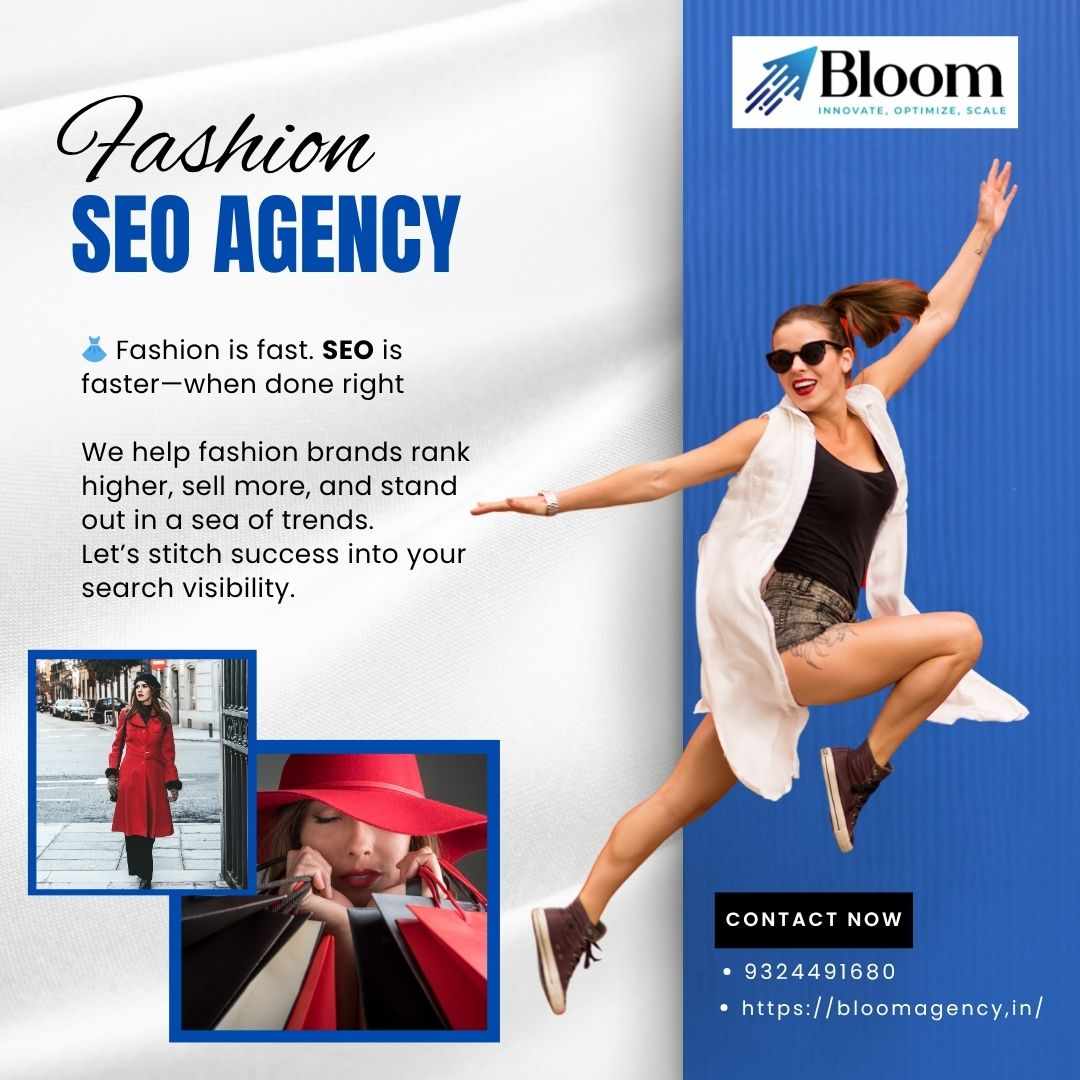
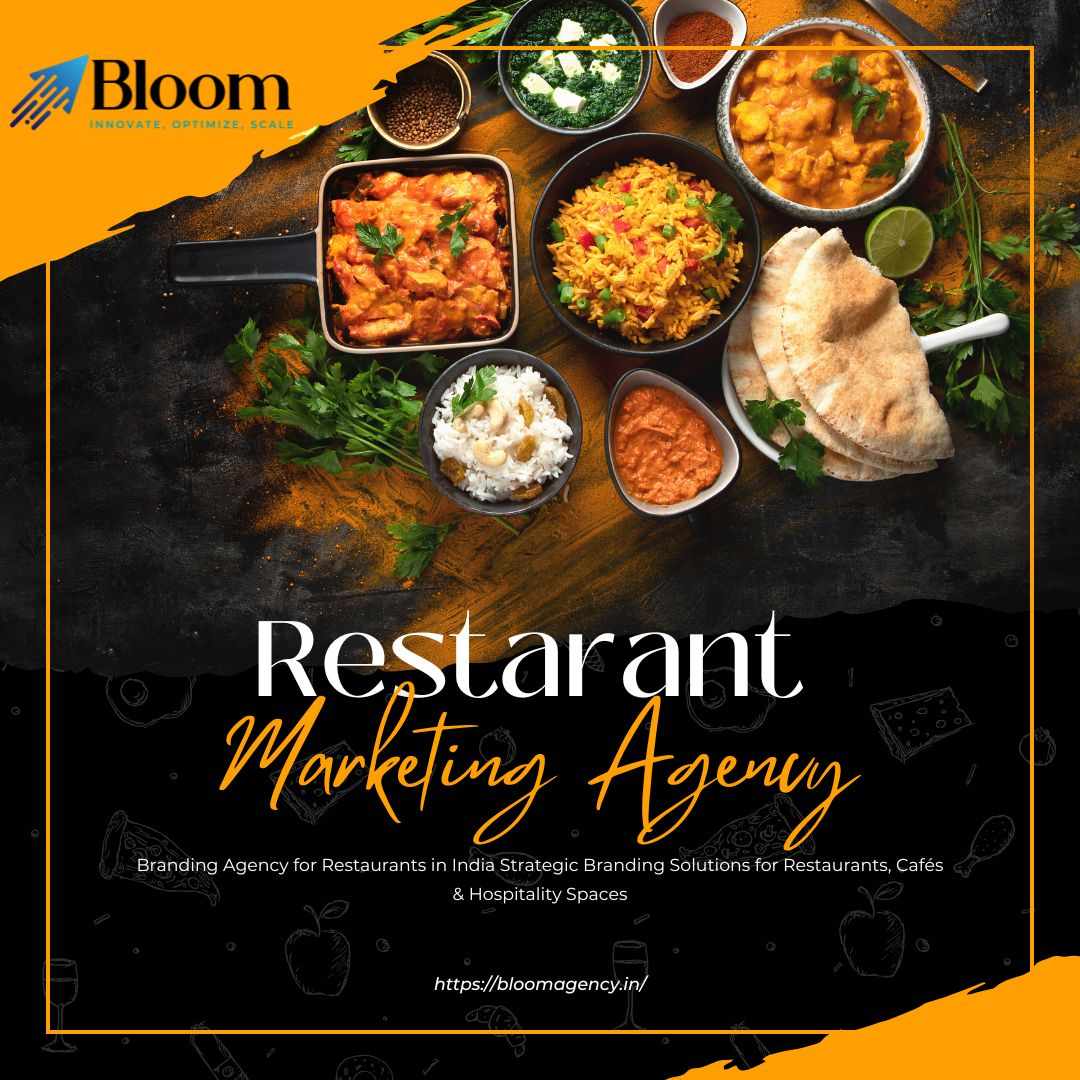
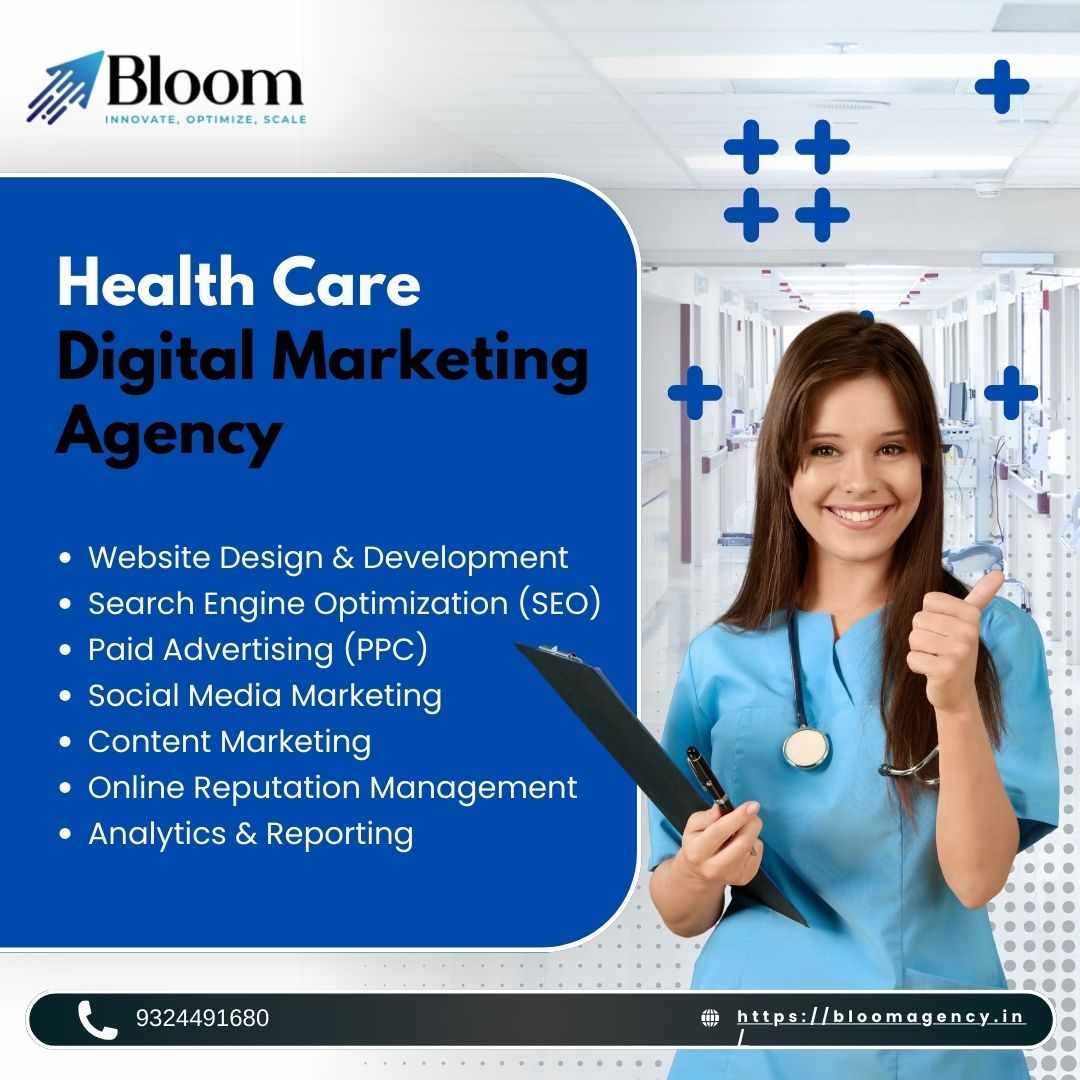

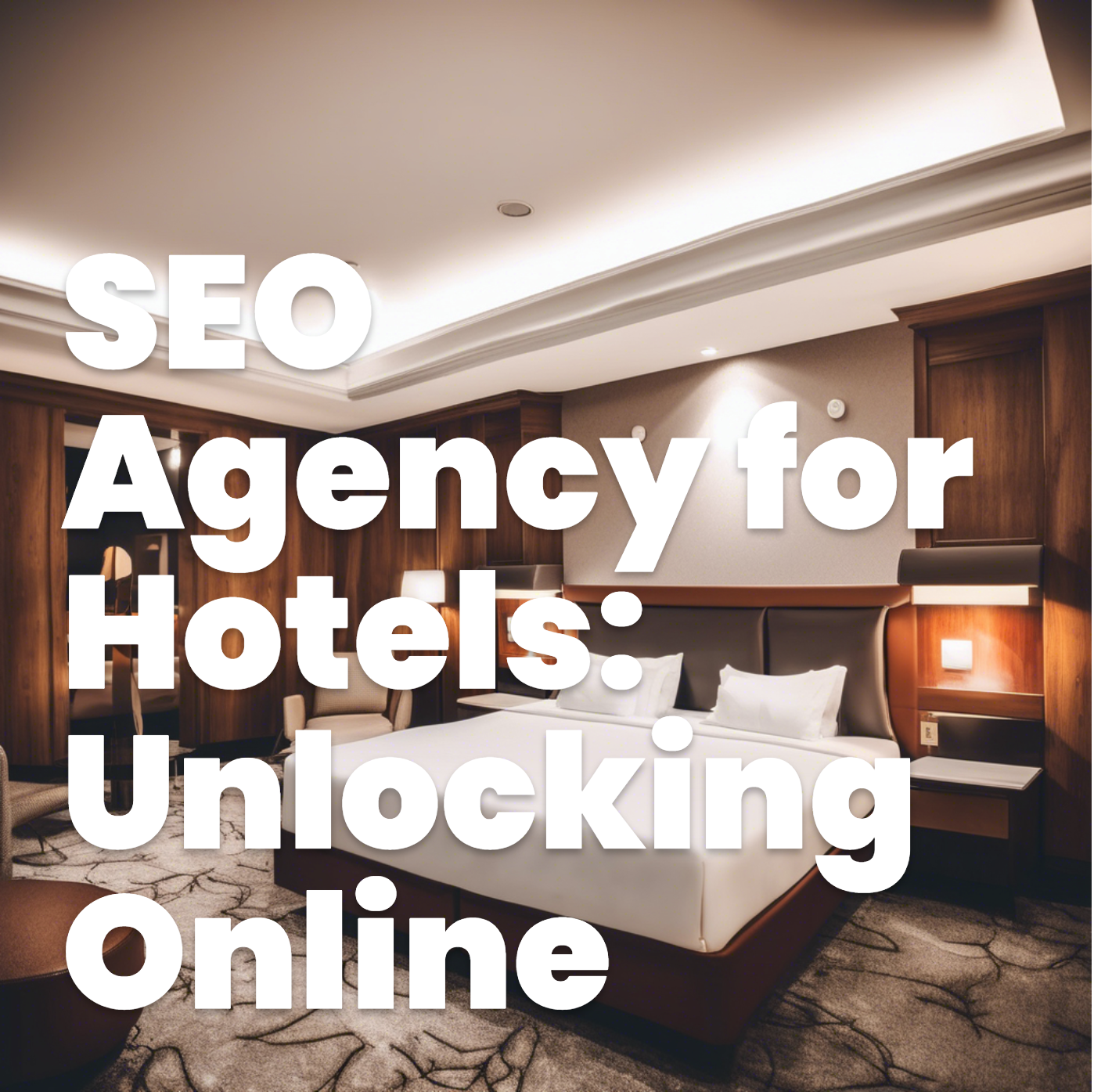

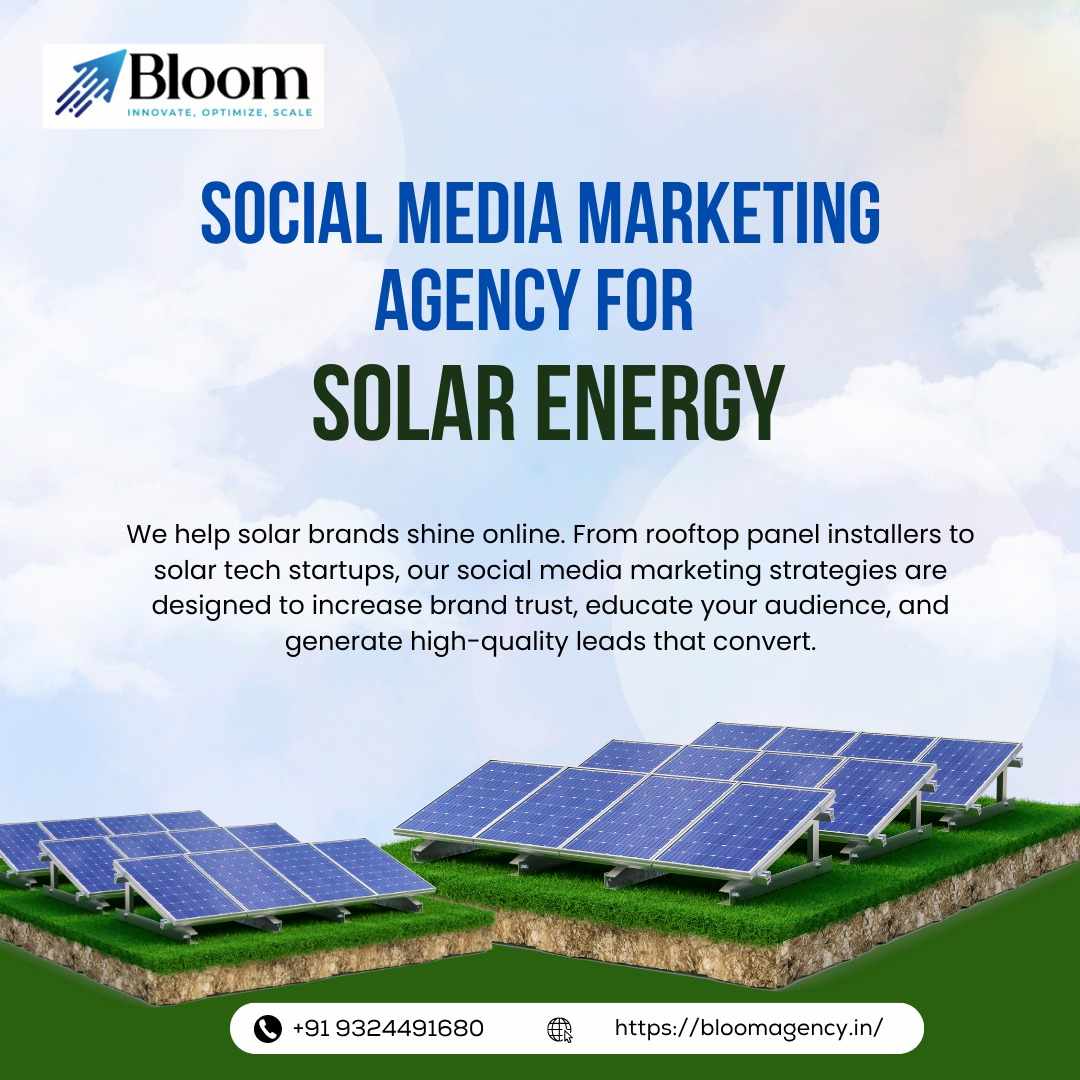
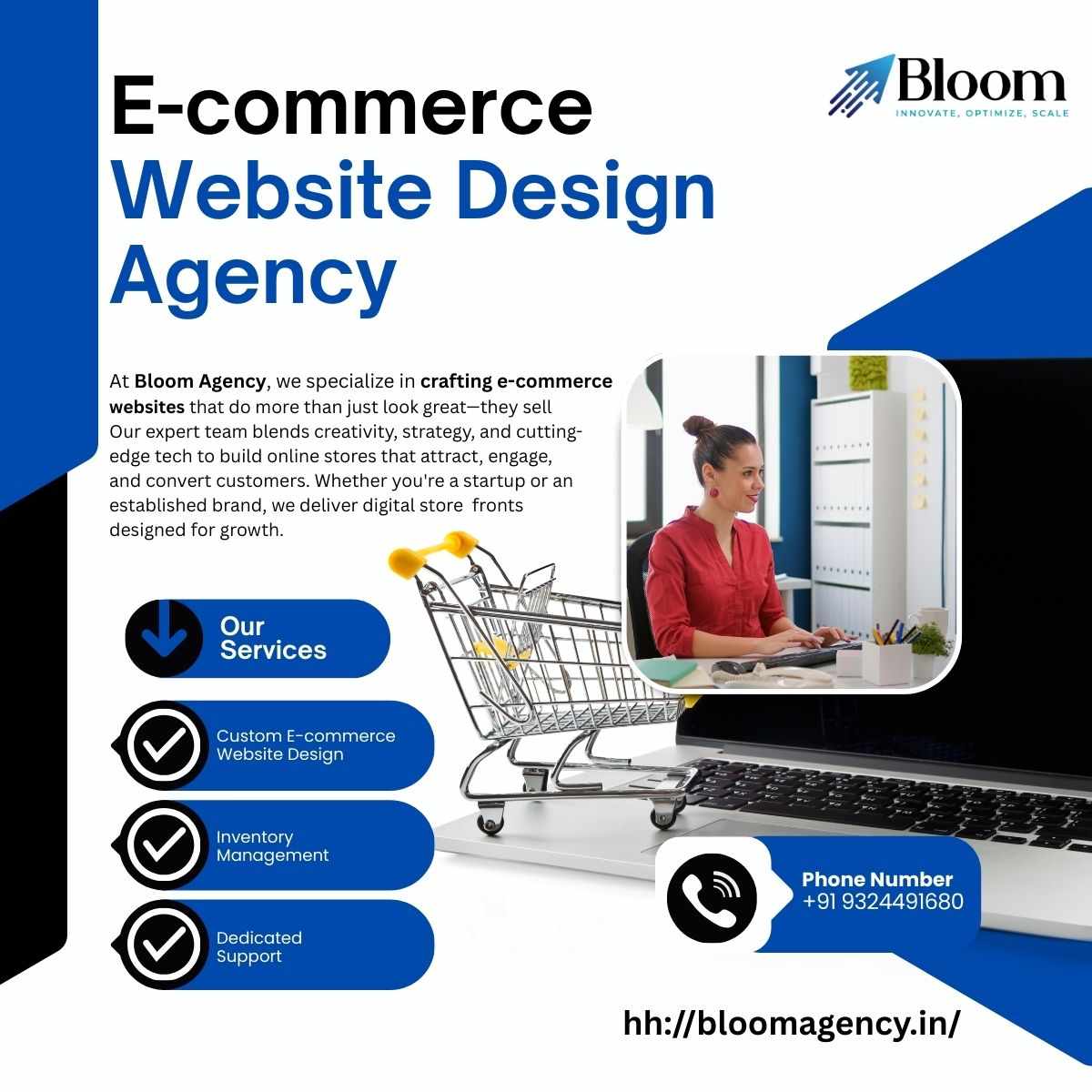
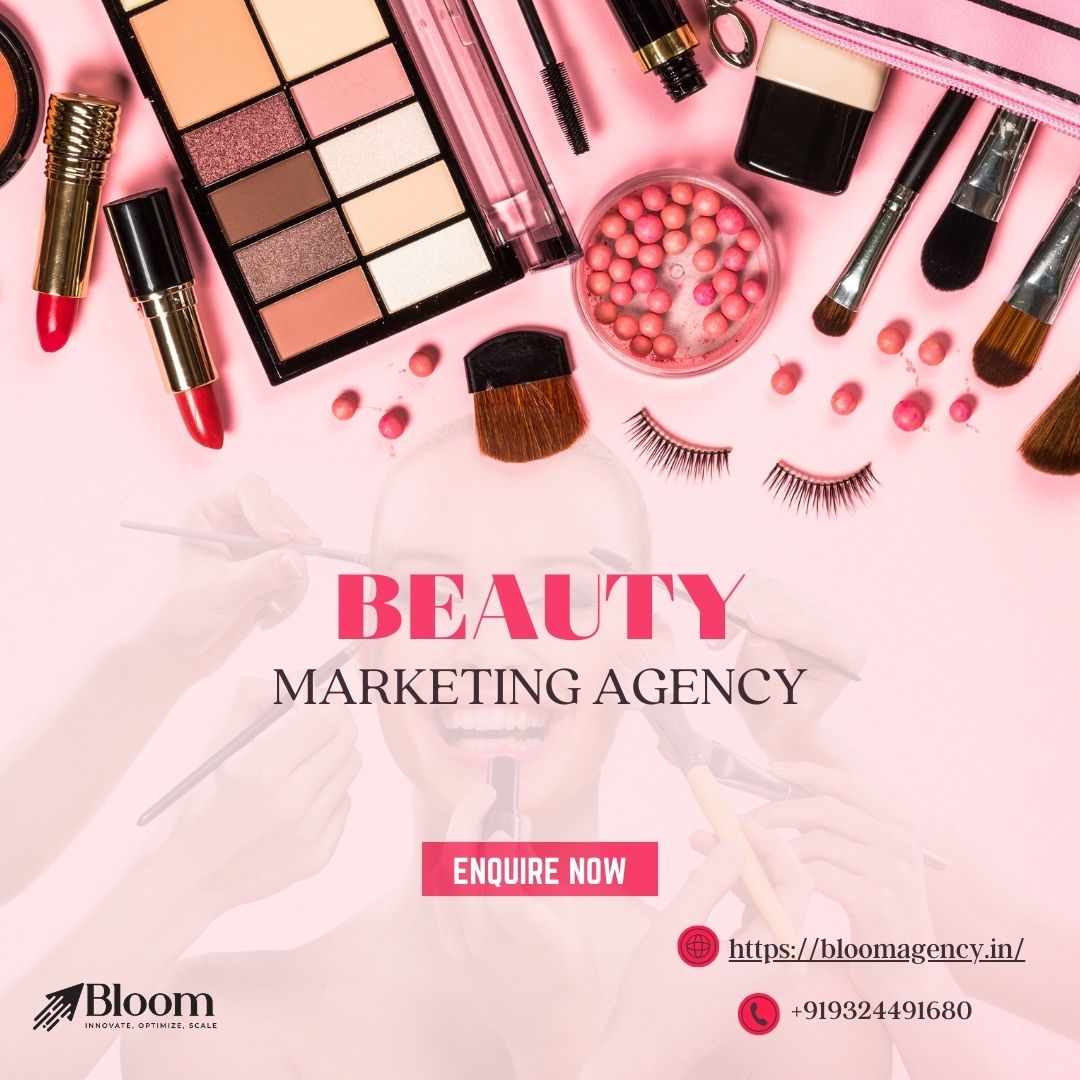
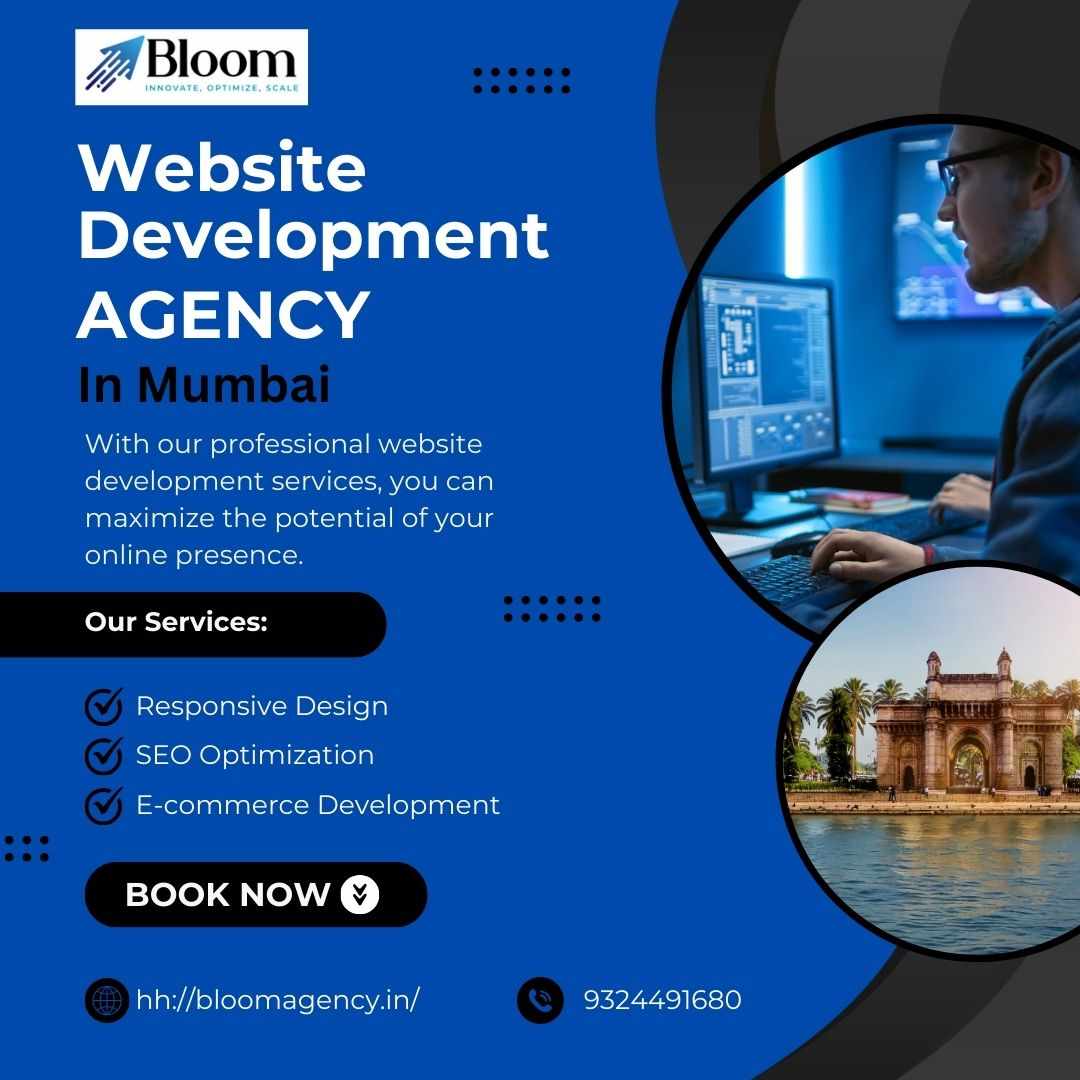
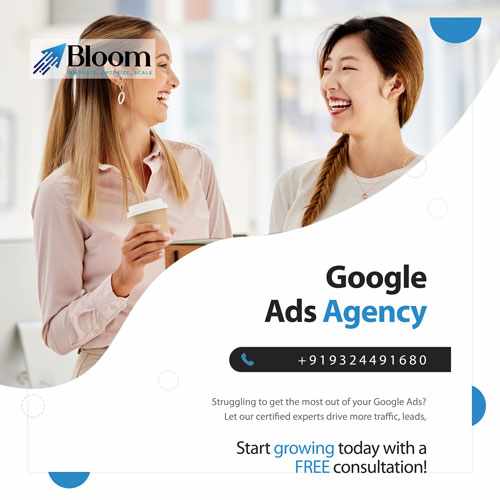
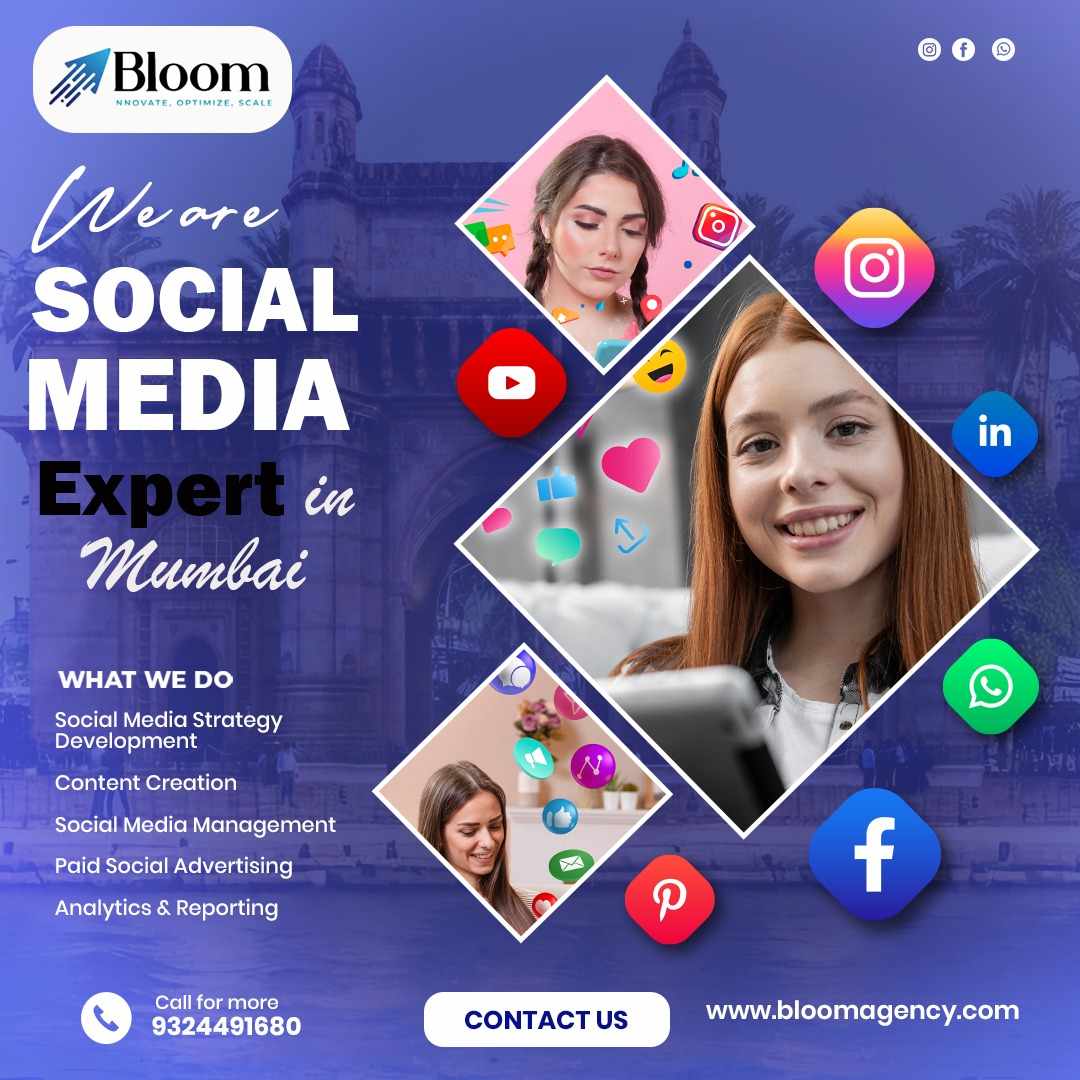

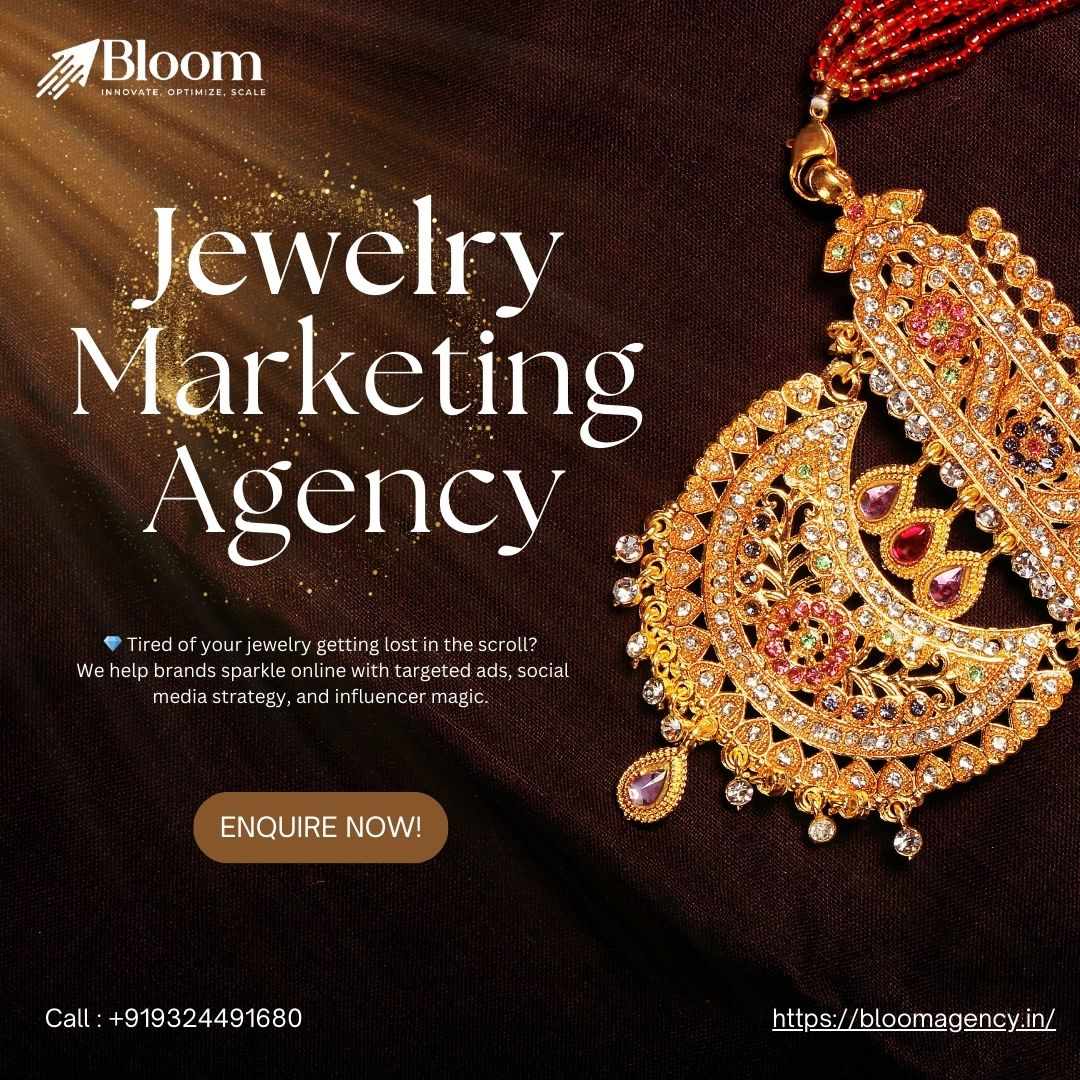
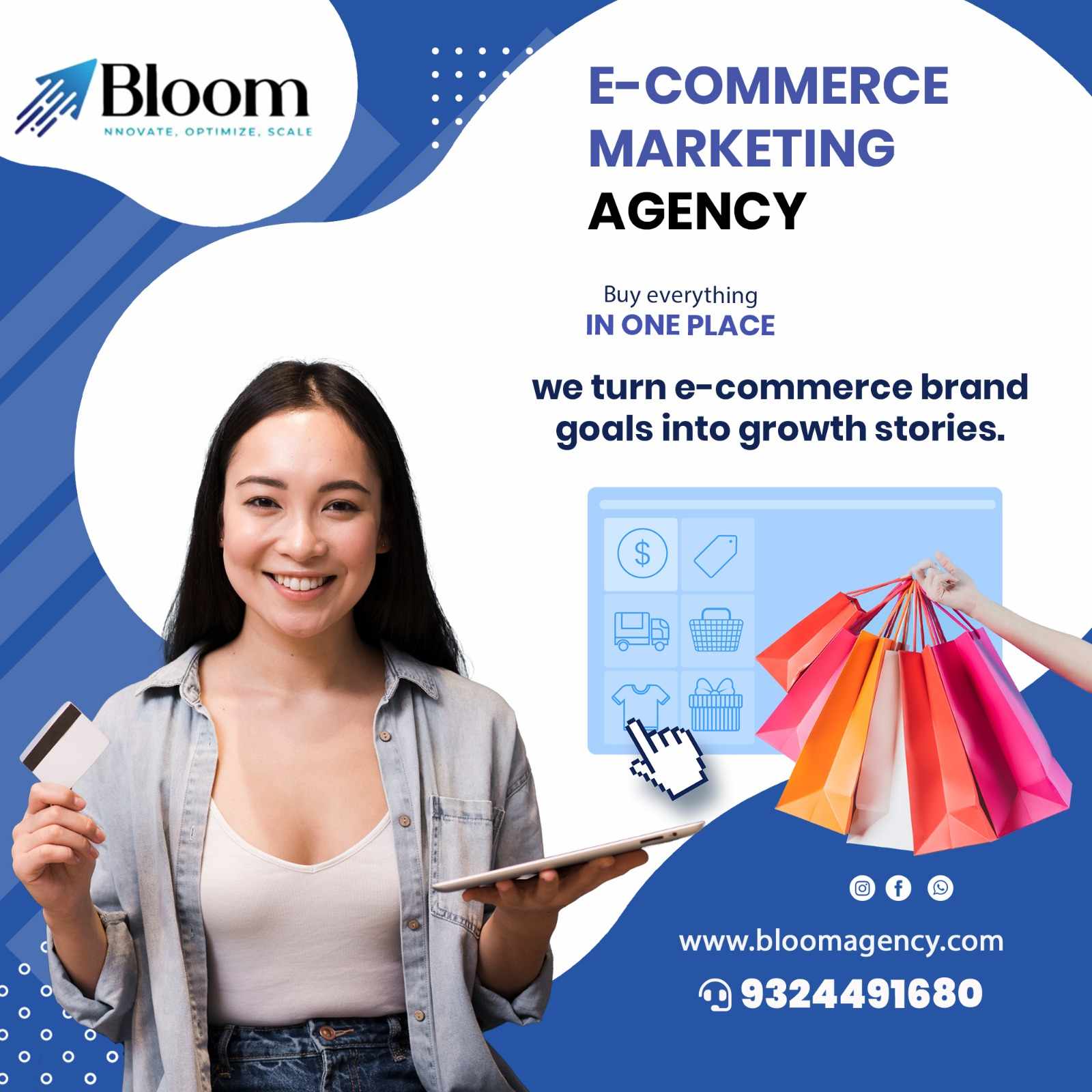
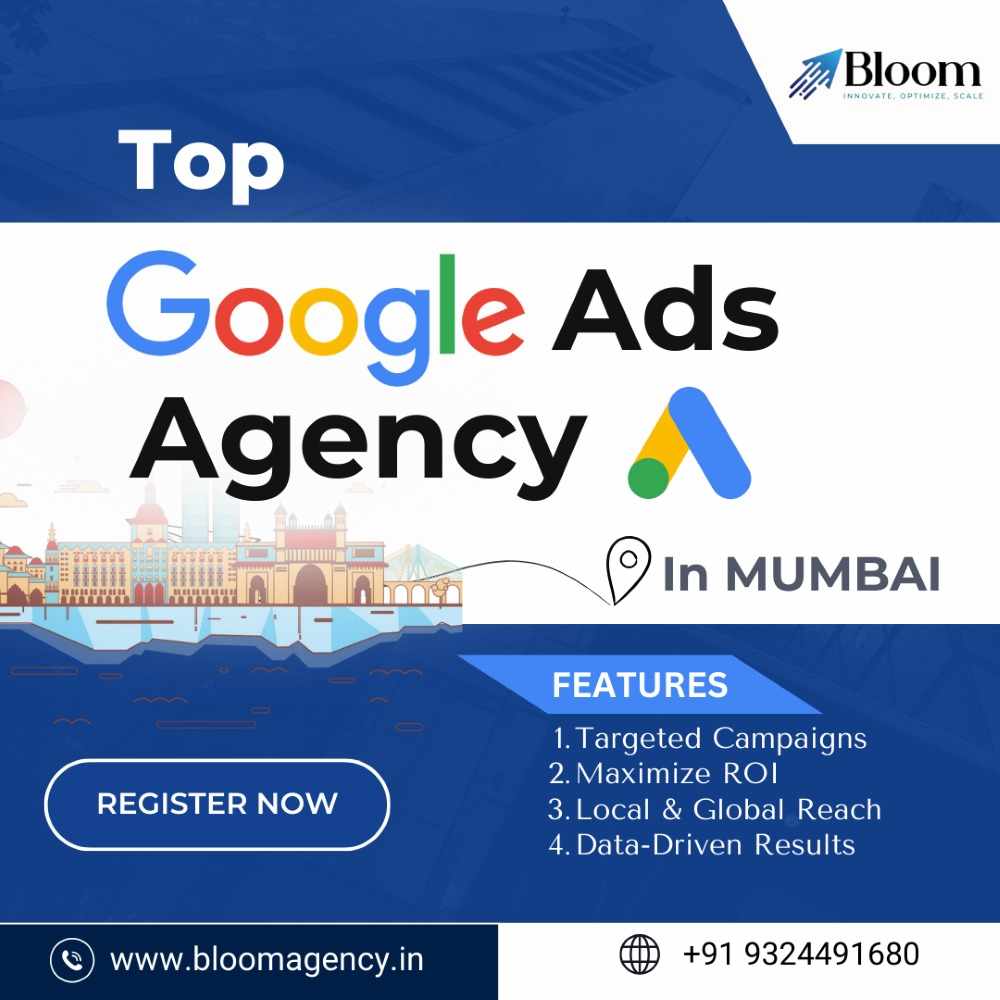
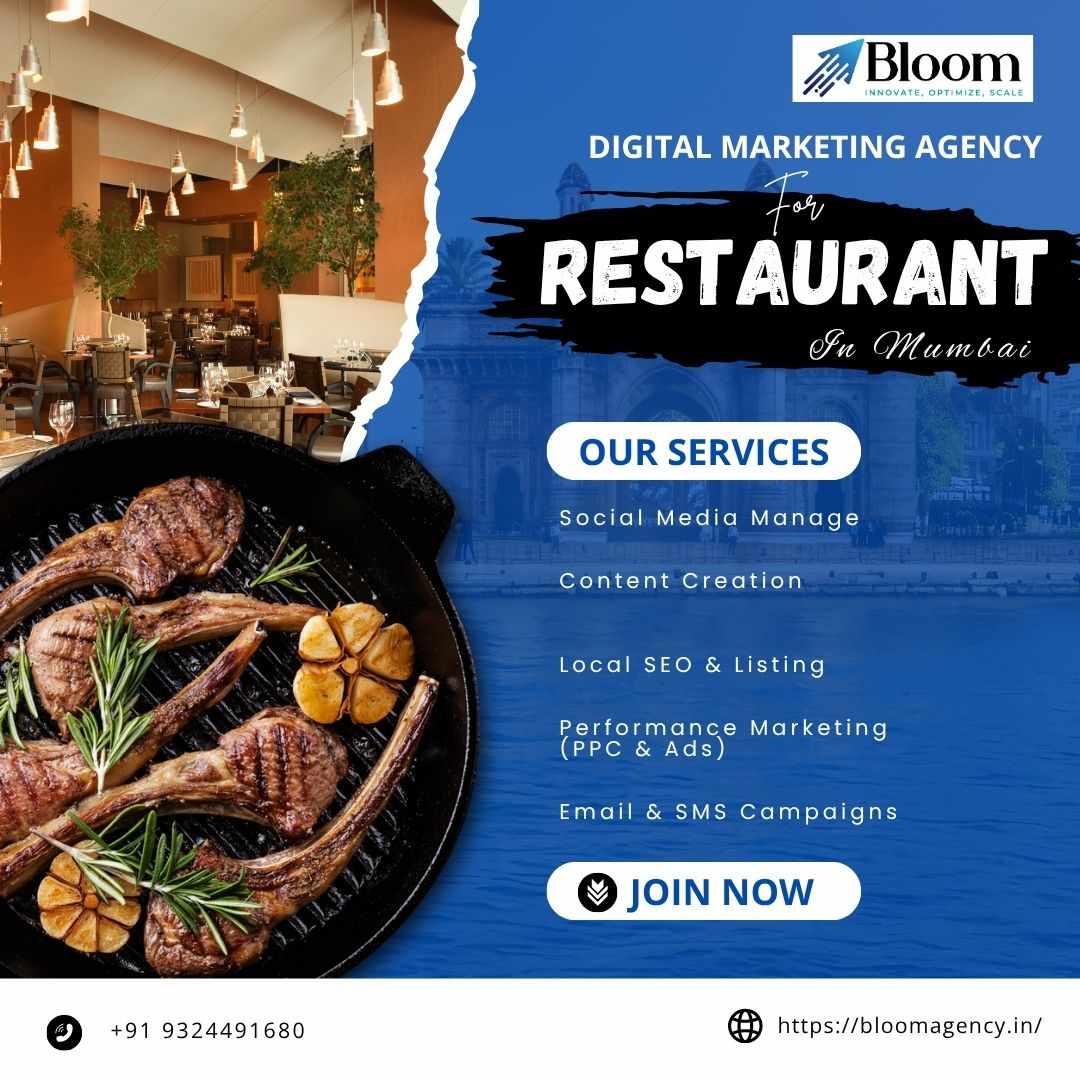
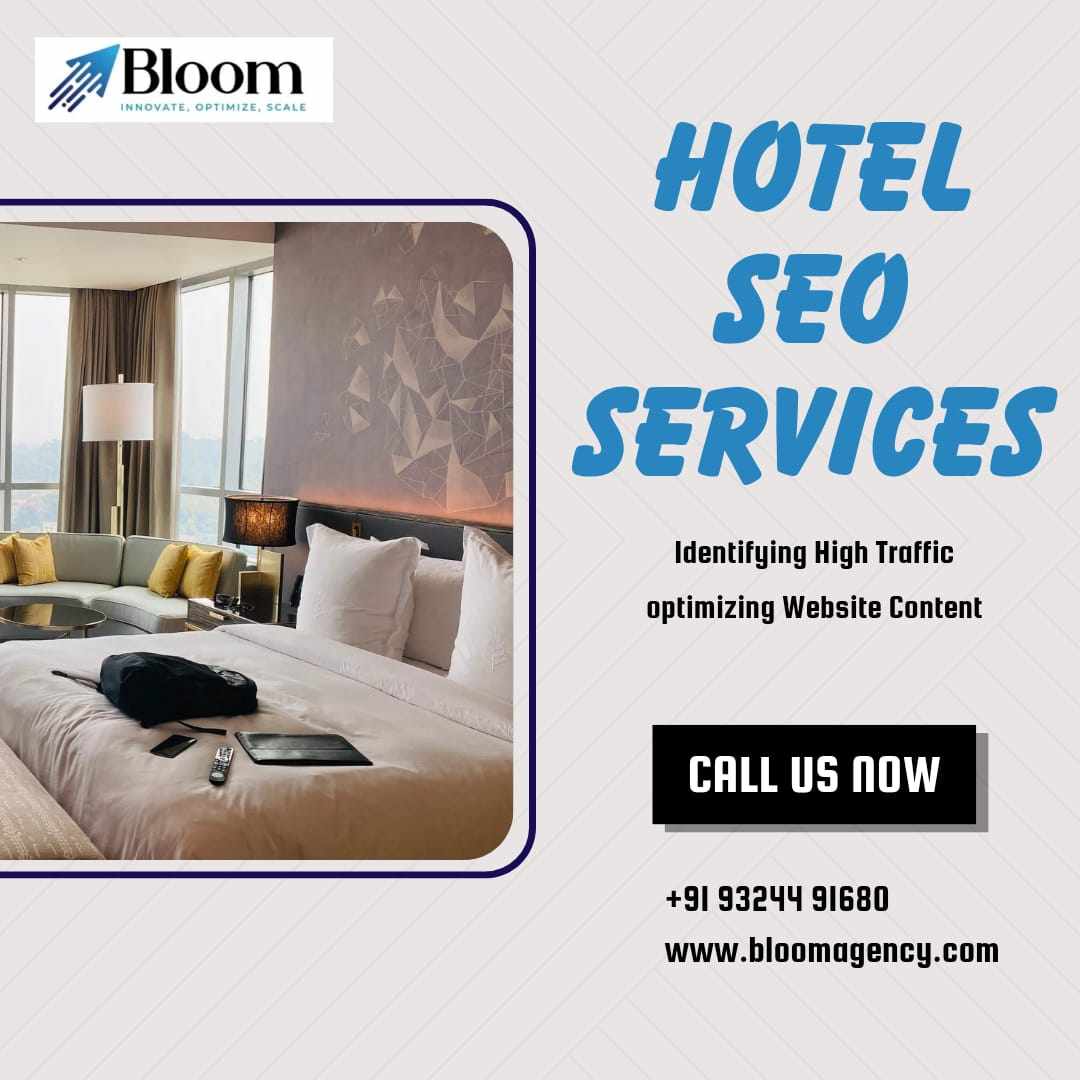
Write a comment ...